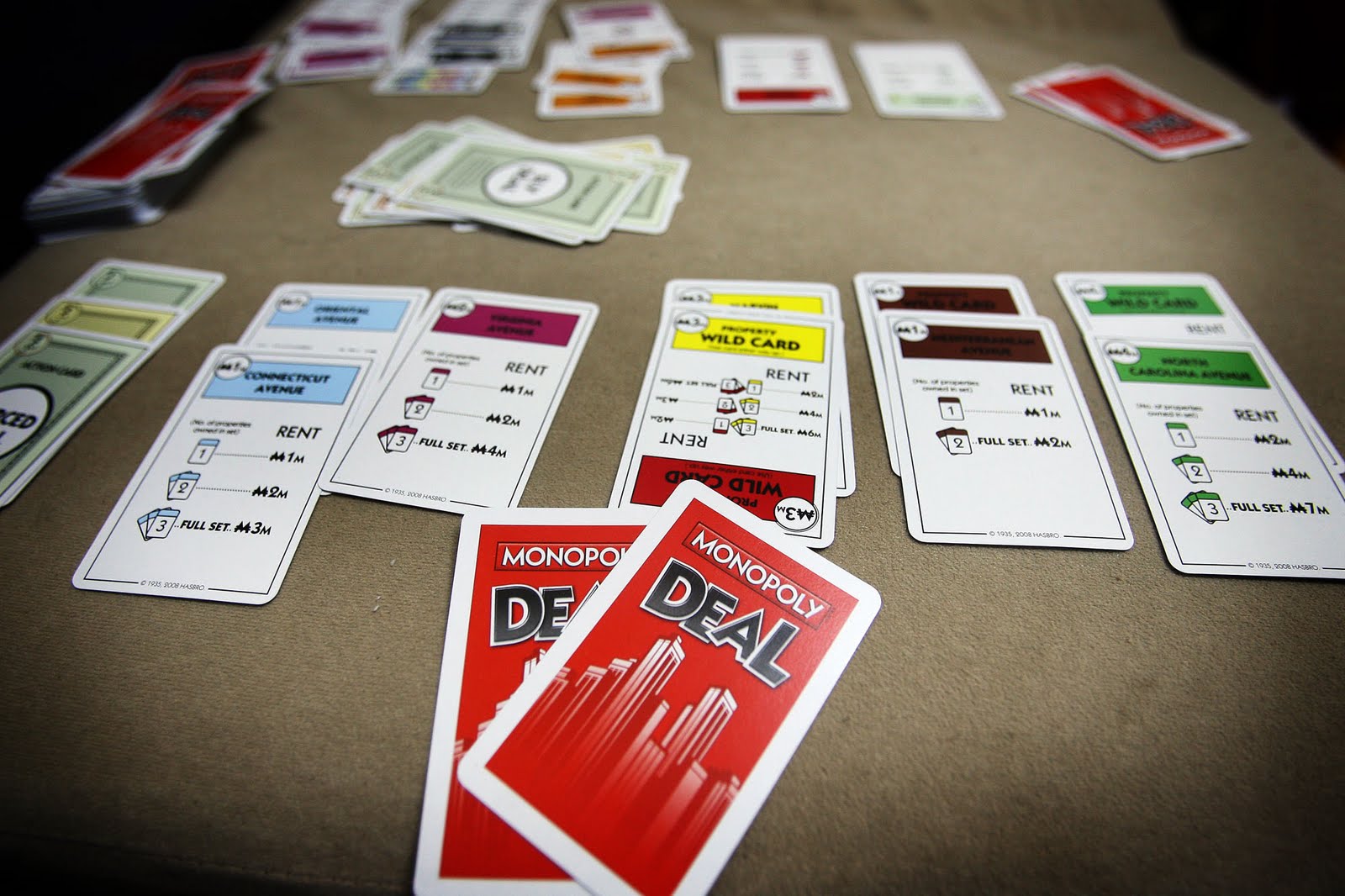
Parker Brothers began licensing the game for sale outside the United States in 1936. The original version of the game in this format was based on the streets of Atlantic City, New Jersey. patent number US 2026082 A was issued to Charles Darrow on December 31, 1935, for the game board design and was assigned to Parker Brothers Inc. Parker Brothers began marketing the game on November 5, 1935. When the company learned Darrow was not the sole inventor of the game, it bought the rights to Magie's patent for $500. Parker Brothers bought the game's copyrights from Darrow. After that night, Darrow went on to utilize this and distribute the game himself as Monopoly. The game was entirely new to Darrow, and he asked the Todds for a written set of the rules. After the meal, the Todds introduced Darrow to The Landlord's Game, which they then played several times. Īccording to an advertisement placed in The Christian Science Monitor, Charles Todd of Philadelphia recalled the day in 1932 when his childhood friend, Esther Jones, and her husband Charles Darrow came to their house for dinner. Cardboard houses were added and rents increased as they were added to a property. Several variant board games, based on her concept, were developed from 1906 through the 1930s they involved both the process of buying land for its development and the sale of any undeveloped property. Magie created two sets of rules: an anti-monopolist set in which all were rewarded when wealth was created, and a monopolist set in which the goal was to create monopolies and crush opponents. Her game, The Landlord's Game, was self-published, beginning in 1906. It was intended as an educational tool to illustrate the negative aspects of concentrating land in private monopolies. The history of Monopoly can be traced back to 1903, when American antimonopolist Lizzie Magie created a game which she hoped would explain the single-tax theory of Henry George. 6.3.2 Gameplay differences from regular Monopoly.
#Monopoly cards free

Players receive a stipend every time they pass "Go", and can end up in jail, from which they cannot move until they have met one of three conditions. Money can also be gained or lost through Chance and Community Chest cards, and tax squares.

Players collect rent from their opponents, with the goal being to drive them into bankruptcy. In the game, players roll two dice to move around the game board, buying and trading properties, and developing them with houses and hotels. Monopoly is a multi-player economics-themed board game.


 0 kommentar(er)
0 kommentar(er)
